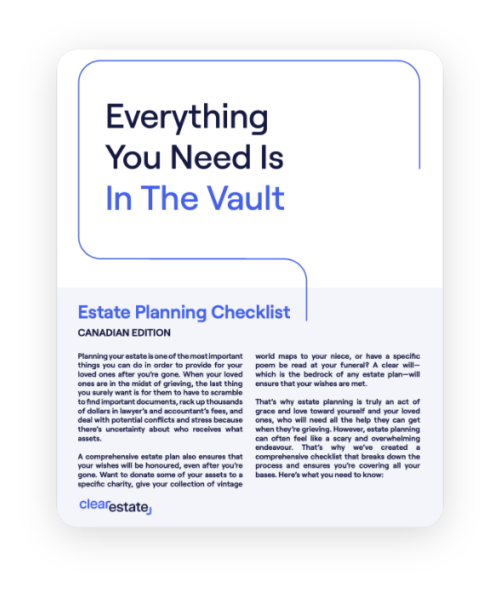Estate Planning
Nov 29, 2024
7 Critical Trust Fund Mistakes Parents Must Avoid in 2025
Setting up a trust fund? Learn the biggest mistake parents make and ensure your child's financial security with expert guidance.
This is a position of great responsibility, and the executor must act on the testator’s behalf to ensure that the assets are allocated properly.


When someone chooses who the executor of their will should be, they are making a big decision that will affect their property, their loved ones, and the executor themselves. After all, the executor will be responsible for administering the directives of the testator’s will, working with the probate court to ensure that their assets are properly distributed, and that fiscally responsible decisions are made on behalf of the estate. This is a position of great responsibility, and the executor must act on the testator’s behalf to ensure that the assets are allocated properly.
We regularly share relevant information about wills and estates.
That’s why it’s so important to ensure that the potential executor is aware of all the responsibilities they’ll have to shoulder, and for the testator to be very deliberate about their choice. While many may choose to name their spouse, their child, or their next of kin, an executor can also be a friend or a distant relative. There are a few things to consider when choosing an executor:
The team at ClearEstate can help with all estate planning needs, from naming guardians of minor children to distributing assets to finding the right estate executor to work with the probate court. Give us a call today or visit us online to learn more.
 Secure Your Legacy
Secure Your Legacy
Get your free 12-step Estate Planning checklist now. 89% of readers complete their estate plan within 3 months of using our guide.
Instantly Access Now